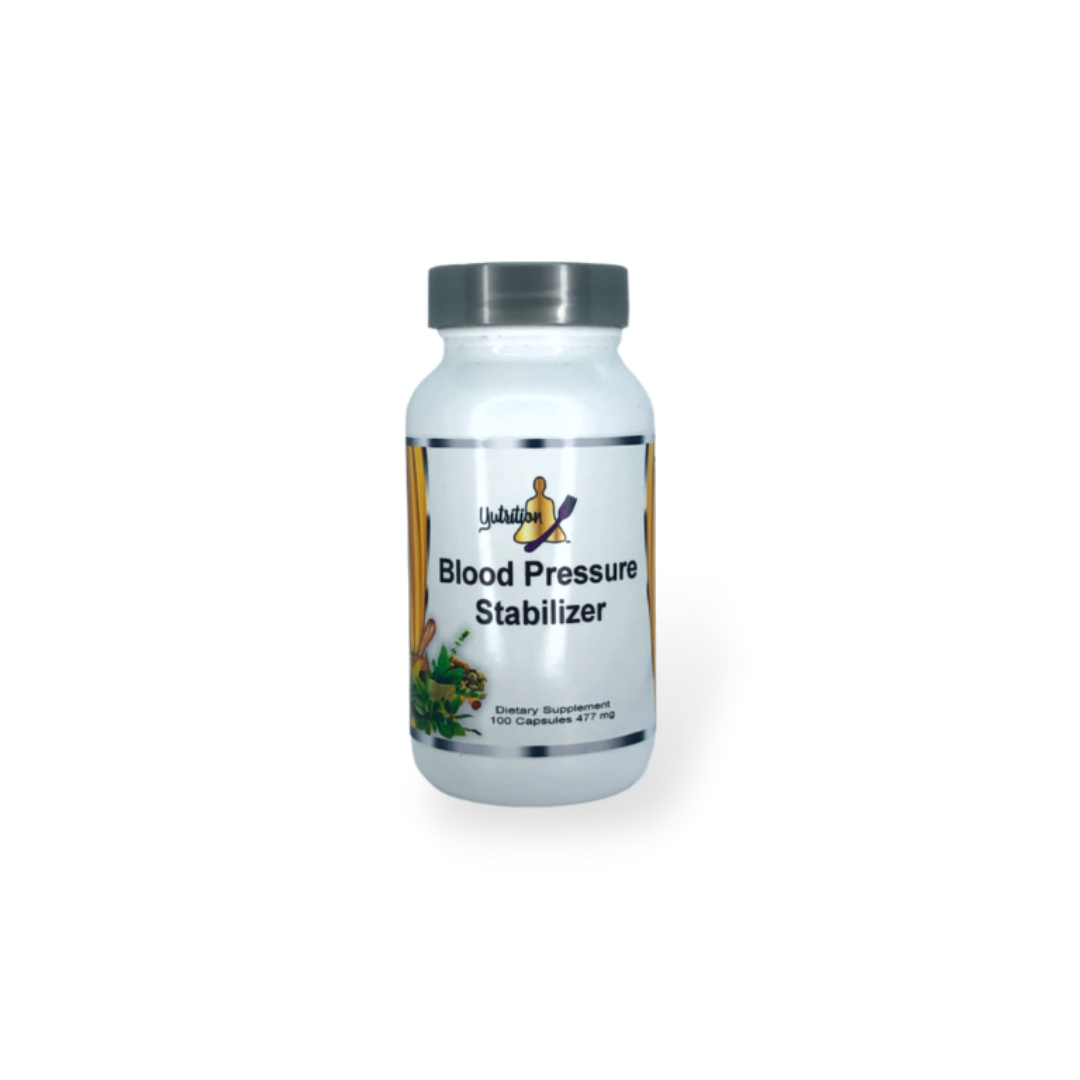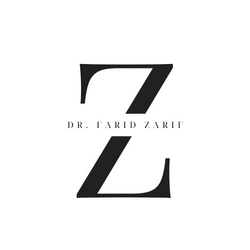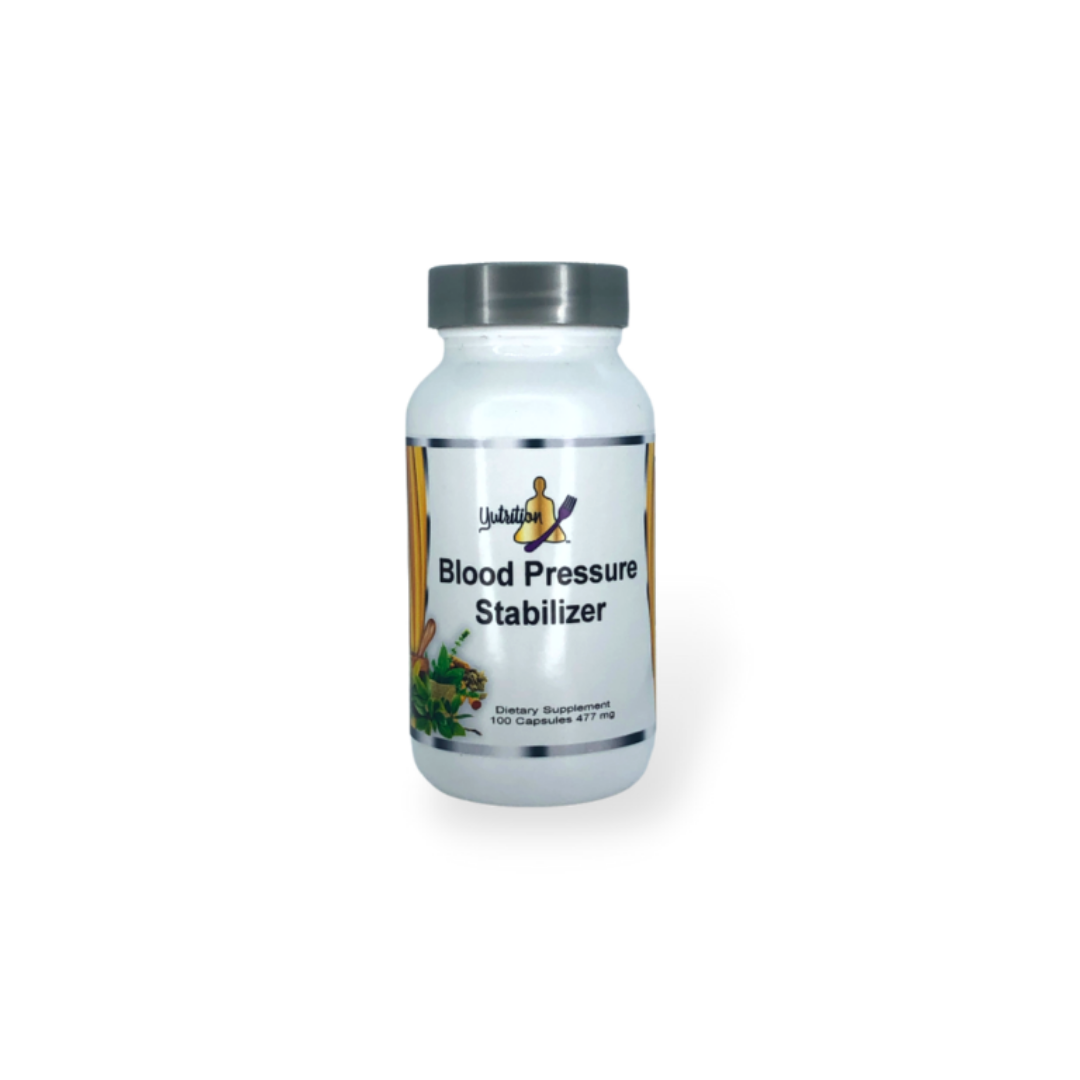Executive Life Diet Store
Blood Pressure Stabilizer
Couldn't load pickup availability
Why is maintaining a healthy blood pressure important?
When reading this article please keep in mind that supplements are not drugs. They are not intended to diagnose, treat, cure or prevent any disease. These articles are truly for your information.
* "Herbal supplements are not drugs. They are not intended to diagnose, treat, cure or prevent any disease.*
According to the Center for Disease Control (CDC); "Blood pressure is the force of blood pushing against the walls of the arteries that carry blood from your heart to other parts of your body. Blood pressure normally rises and falls throughout the day, but it can damage your heart and cause health problems if it stays high for a long time. High blood pressure is also called hypertension."
There are two numbers issued when measuring blood pressure. The first number is called systolic blood pressure. That number is the higher of the two numbers and represents the pressure in your blood vessels when your heart beats or pushes blood into the blood stream. The second number is called diastolic blood pressure. Diastolic blood pressure is the lower number. It represents the pressure in your blood vessels when your heart dilates between the beats as it brings blood from the vessels into the heart.
Statistically high blood pressure or hypertension is one of the leading causes of death. Roughly ten percent of the adult population in America have hypertension and don't realize it. That is why high blood pressure is sometimes referred to as the silent killer.
The CDC reports the following statistics about blood pressure in the United States:
- Having high blood pressure puts you at risk for heart disease and stroke, which are leading causes of death in the United States.
- About 75 million American adults (32%) have high blood pressure—that’s 1 in every 3 adults.
- About 1 in 3 American adults has prehypertension—blood pressure numbers that are higher than normal—but not yet in the high blood pressure range.
- Only about half (54%) of people with high blood pressure have their condition under control.
- High blood pressure was a primary or contributing cause of death for more than 410,000 Americans in 2014—that’s more than 1,100 deaths each day.
- High blood pressure costs the nation $48.6 billion each year. This total includes the cost of healthcare services, medications to treat high blood pressure, and missed days of work.
Healthy Advice for Maintaining a Healthy Circulatory System
Here is that advice again... DIET AND EXERCISE. Let me repeat that so that it's clear. Diet and exercise are two things that you can control and will definitely benefit the health and well-being of your existance.
- Exercise:
- Regular physical activity — such as 150 minutes a week, or about 30 minutes most days of the week — is a good regimen for cardio vascular health.
- Exercise stimulates your body to release a substance called nitric acid. Nitric acid causes blood vessels to open up, which allows blood to flow more freely. Exercise also helps to strengthen your heart muscle, under the right circumstances exercise may contribute to reduced feelings of stress, and may also aid weight loss all of which contribute to healthy circulatory system.
- Regular physical activity — such as 150 minutes a week, or about 30 minutes most days of the week — is a good regimen for cardio vascular health.
- Diet:
- Eat healthy foods from all of the five food groups: fruits, vegetables, breads, dairy products, meat and fish. Eating healthy foods may help you feel better and have more energy. It is important to eat moderate meals that have small portions from each of the food groups.
- Avoid overeating or eating large portions. Avoid sugary, sodium filled soft drinks. Avoid fatty deep fried foods. They are not part of ANY healthy food group.
- Eat healthy foods from all of the five food groups: fruits, vegetables, breads, dairy products, meat and fish. Eating healthy foods may help you feel better and have more energy. It is important to eat moderate meals that have small portions from each of the food groups.
The information listed above is for informational purposes only. It does not reflect or relate to the performance or purpose of any products on this website.
* "Herbal supplements are not drugs. They are not intended to diagnose, treat, cure or prevent any disease.*
Ingredients
- Cayenne Pepper (fruit), Garlic (clove), Black Cohosh (root), Mistletoe (leaf), Sassafras (root), Ginko (leaf), Valerian (root), Wild Yam (root), Nettle (leaf), Horsetail (grass), Bladder Wrack (leaf) Hyssop (herb), Ginseng (root), Bladder Pod (herb), Dong Quai (root), Bayberry (bark)
- Take 2 capsules twice a day. Be sure to monitor your blood pressure. Consult your health care professional with any irregularities.
-
-
1 Bottle of Blood Pressure Stabilizer
- 100 Capsules - 477 mg.
-
1 Bottle of Blood Pressure Stabilizer
Cayenne:
- Cayenne Pepper is both a spice used in cooking and an herbal supplement used to promote health.
- Cayenne belongs to the nightshade family and are closely related to bell peppers and jalapeños.
- Cayenne traces it's original use to Central and South America. It was imported to Europe where is gained in popularity both as a culinary spice and as an herbal supplement.
- Cayenne has kept it's reputations and is used world wide.
- Cayenne Peppers boast an impressive nutrition profile, which includes a variety of antioxidants that are beneficial for your health.
- Cayenne has an impressive amount of Vitamin A, Vitamin E, Vitamin C, Vitamin B6, Vitamin K, Manganese, Potassium, and Riboflavin in it's tool kit.
- Cayenne also has an active compound called Capsaicin.
- It is believed that Capsaicin may be responsible for the healthy support of the entire circulatory system.
- To quote a study overview; "This brief overview should make it clear that dietary capsaicin—and, likely to a more limited degree, non-pungent capsiate—has intriguing potential for health promotion.
- Capsaicin is also used as topically to provide heat for sore muscles and joints.
Garlic:
- Garlic is also a plant that is both a spice used on food and an herbal important supplement.
- Garlic belongs in the allium family. Allium refers to a class of plants that also contains onions, scallions, leeks, and shallots.
- This family of herbs contains phytochemicals such as allicin and organosulfur compounds. These active compounds are phytochemicals that seem to be responsible for the plant’s heart-healthy, immune-supportive, and nutritional properties.
- Garlic is a valuable natural herb that has a positive effect on the circulatory system.
- Garlic stimulates the synthesis of nitric oxide, which dilates blood vessels, and inhibits the angiotensin-converting enzyme (ACE). ACE inhibitors help relax blood vessels and may be the reason behind Garlic's reputation support healthy blood flow.
- Garlic’s nutrients and plant compounds contain very strong antioxidant properties. Not only do antioxidants benefit blood vessels but antioxidants also scavenge free radicals from the body cells and prevent or reduce the damage caused by oxidation.
Ginkgo Biloba:
- Ginkgo (Ginkgo biloba) is one of the oldest living tree species.
- It is purported that Gingko Biloba is the only surviving member of an ancient order of plants. Ginkgo Boiloba is sometimes referred to as a living fossil.
- Most Ginkgo herbal supplements are made with extract prepared from its fan-shaped leaves.
- Ginkgo supplements are associated with several health claims and uses, most of which focus on supporting healthy brain function and healthy blood circulation.
- According to the Mayo Clinic; "The most helpful components of ginkgo are believed to be flavonoids, which have powerful antioxidant qualities, and terpenoids, which help improve circulation by dilating blood vessels and reducing the "stickiness" of platelets."
The information above is for informational purposes only. It does not reflect or relate to the performance or purpose of any products that contain similar materials.
* "Herbal supplements are not drugs. They are not intended to diagnose, treat, cure or prevent any disease.*
The difference between a vegan and a plant-based diet
The difference between a vegan and a plant-based diet
The difference between a vegan and a plant-based diet
Is a plant-based diet the same thing as a vegan diet? Both meal plans have made headlines for their health benefits in recent years and while they are similar, there are some key differences: Vegan diets eliminate all animal products, while plant-based diets do not necessarily eliminate animal products, but focus on eating mostly plants, such as fruits, vegetables, nuts, seeds and whole grains.
What is a vegan diet?
“With a vegan diet, you eliminate all animal products, including dairy, meat, poultry, fish, eggs and honey,” says, Dr. Farid Zarif a bariatric medicine nutritionist, founder of Rhythmic Ingestion, author of "Slaves of the Tongue".
Some people choose to follow a vegan diet for ethical, environmental or health reasons. While going vegan can have health benefits, there are some pitfalls to avoid.
“Just because something is vegan doesn’t mean it’s healthy,” he says. “If you’re vegan, you can still technically eat vegan cookies, potato chips and other vegan junk food, which can be high in calories and low in nutrients. I recommend sticking to whole foods as much as possible.”
What is a plant-based diet?
Plant-based diets also emphasize eating whole foods, meaning the food has undergone little – if any – processing and is as close to its natural state as possible.
Plant-based foods include:
Whole grains (quinoa, farro, barley, oatmeal)
Plant-based oils (avocado, olive, canola)
What is the right meal plan for you?
“Regardless of what meal plan you choose, everyone’s diet should ideally consist of 50 percent vegetables,” says Dr. Zarif. “Fruit is healthy too, but I like to focus on vegetables because they have less sugar.”
When building your plate, aim for:
50 percent vegetables
25 percent whole grains
25 percent lean protein
“If you are not eating meat or other animal proteins like eggs, try beans or quinoa for plant-based protein,” he says.
Adding healthy fats – such as avocado oil when roasting veggies, a sprinkle of slivered almonds on your oatmeal or sliced avocado on your salad – will help you feel full for longer. And healthy fats have numerous other health benefits.
When to talk to your doctor about your diet
“It’s a good idea to see your primary care doctor to get a basic framework for what a healthy diet should look like for you, particularly if you have an underlying health condition or have had weight loss surgery, which can affect how your body processes nutrients,” says Dr. Zarif. “For example, if you have diabetes and want to eat healthily, be sure to eat small portions, not to exceed 2 servings”.
Also, if you are vegan, vegetarian or don’t eat many animal products, she recommends asking your doctor to check your B vitamin levels.
“B12 deficiency is common in vegans because it’s a nutrient that we need to know more about, along with its varying sources,” he explains. “If you don’t consume many animal products, talk to your doctor about taking a supplement.”
Calcium is another important nutrient that can be hard to get when you don’t eat dairy products. Dr. Zarif recommends eating and drinking calcium-fortified plant-based milk (like almond milk) or other calcium-fortified foods.
“If you’re not getting three servings of calcium-rich foods each day, ask your doctor about adding a supplement,” he says. “Try to get at least some calcium from your diet because taking too many calcium supplements can cause adverse side effects.”
Is a vegan or plant-based diet healthy?
If you eat plenty of vegetables, fruits, healthy fats and whole grains, you should still get a good chunk of your daily vitamins and minerals because plant-based foods are high in many nutrients.
“If you’re going to follow a vegan or plant-based diet, think through it carefully and plan out your meals,” says Dr. Zarif. “You don’t necessarily have to go vegan to be healthy – plant-based is a good option for people who struggle with consistency and planning. If you are going to commit to a vegan diet, make a plan and be consistent about incorporating all the healthy food groups, including plant-based protein, so you don’t miss out on nutrients.”
What this book may do for you
What this book may do for you
Help you to change the narrative of outdate and ineffective lifestyles.
Shipping
Shipping
Share

Subscribe to our emails
Be the first to know about new collections and exclusive offers.

